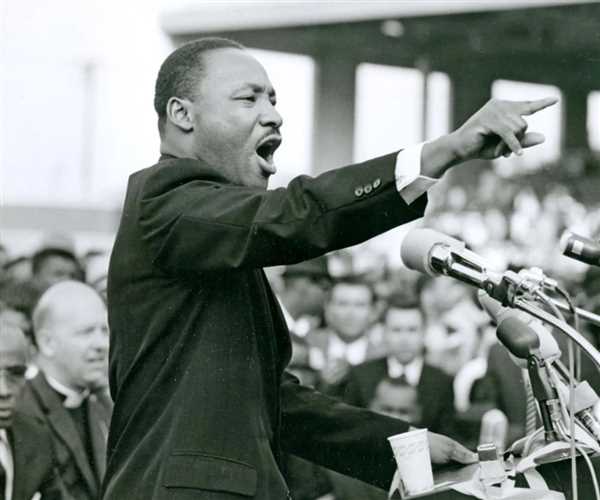Martin Luther King Jr. is widely known for his role in the advancement of civil rights using nonviolent civil disobedience based on his Christian beliefs. He is remembered for his leadership during the American Civil Rights Movement in the 1950s and 1960s and for his activism and efforts to end racial segregation and discrimination.
I. Early Life and Education
Martin Luther King Jr. was born on January 15, 1929, in Atlanta, Georgia. He received his PhD in Systematic Theology from Boston University. King was heavily influenced by the teachings of Mahatma Gandhi and used his philosophy of nonviolent resistance to fight for the rights of African Americans.
II. Leadership in the Civil Rights Movement

King became a leader of the civil rights movement and organized several peaceful protests, including the Montgomery Bus Boycott, to challenge racial segregation. He delivered his famous "I Have a Dream" speech during the March on Washington for Jobs and Freedom in 1963. This speech highlighted the need for an end to racial discrimination and is widely regarded as one of the most important speeches in American history.
III. Legacy and Impact
King was assassinated on April 4, 1968, in Memphis, Tennessee. He was posthumously awarded the Nobel Peace Prize in 1964 and is widely remembered as a martyr and hero of the American civil rights movement. Today, Martin Luther King Jr. Day is celebrated as a national holiday in the United States and his legacy continues to inspire and motivate activists and leaders fighting for equality and justice.
King's advocacy for nonviolent resistance, his powerful speeches, and his unwavering commitment to social justice have made him an iconic figure in American history. He remains an inspiration to people around the world who strive for equality and justice and his impact continues to be felt in today's society.